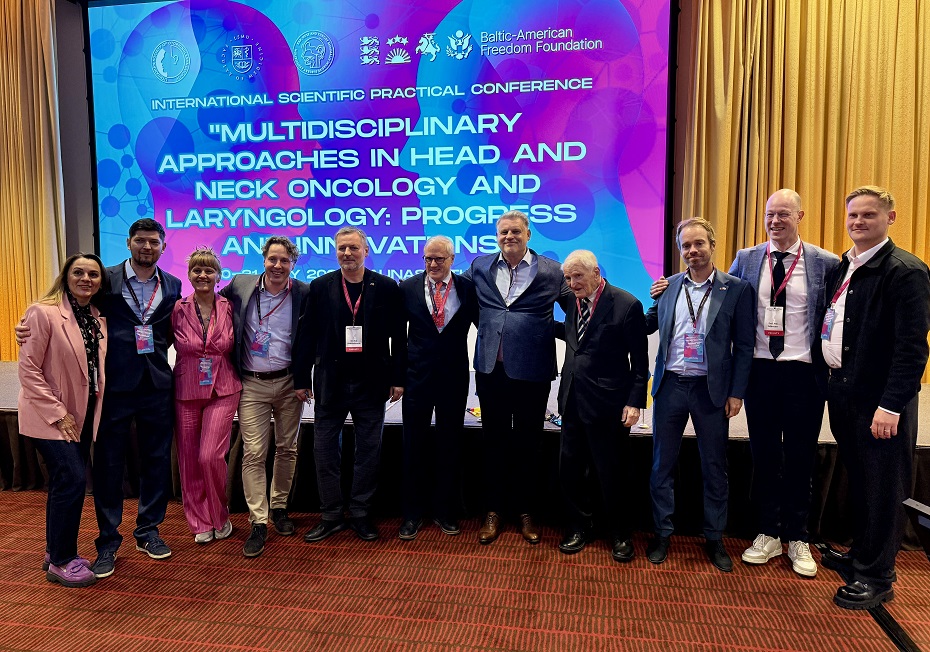Russia. The survey reveals controversy around denunciations to neighbors and loved ones
A hot debate on whether to trust the polls in Russia, went astray. Both those who believe and those who do not believe in the published results of the study of public opinion moods find in the responses of ordinary people something other than what they put into them.
In a regime such as Russian, what matters is what the subject says in the kitchen or during an interview at the polling station, but only what he does. Is he obedient to his superiors? If they are submissive, then his assessments and positions expressed in public are considered harmless chatter. The new public opinion in Russia raised the controversial topic of denunciations. One of the key factors affecting the attitude towards them is the age of respondents.
In the new poll of the Russian public opinion to the question « would you submit offensive statements to the police or authorities about the country’s leader? » – 14 percent respondents answered affirmatively, another 16 percent It had difficulty answering, and the vast majority – 69 percent. – She said she wouldn’t do it.
The tendency to report to prosecution authorities criticism of the Russian army’s activities in Ukraine was even higher. Almost a quarter (24 percent) of respondents said that she would report such cases, 20 percent. It considered it difficult, and 56 percent stated that it would not go to the police.
Alexei Levinson, head of the Socio-Cultural Research Department of the Lewada Center, notes that the research results indicate the intensive erosion of the social norm condemning whistleblowing, That is, reporting about illegal, improper, dangerous or unethical practices. Older generation that traditionally considered denunciations For morally unacceptable, he gradually leaves the public scene. His place is taken by the younger generation, for which denunciations are no longer such a clear taboo. According to Levinson, this process can lead to a change in social values and the formation of a new social reality in which denunciations are no longer seen as something reprehensible.
A survey conducted in May last year by the Lewada Center in cooperation with the Laboratory of the Future « New Gazieta » showed that the attitude of the Russians to whistleblowing It remains generally negative, but the degree of this rejection varies: 38 percent. respondents expressed a « definitely negative » attitude; 35 percent chose the « negative » option; 17 percent stated that they were indifferent to denunciations; 4 percent confessed to the approval attitude; and 1 percent He expressed the « very approving » attitude.
One of the key factors affecting the attitude towards denunciations is the age of respondents. The study revealed a clear generation gap. Among the Russians over 40, 80 percent He has a negative attitude towards denunciations, while among young people under 40 this number is decreasing: only 50 percent. condemns denunciations. The number of people indifferent to this phenomenon among young people is two to three times higher than among the older generation.
The position of young people aged 18-24, i.e. those who grew up in the era of Putin, was particularly revealing. Among them 55 percent He believes that denunciation is a negative phenomenon, but they express their rejection less emotionally than older generations. Definitely a negative attitude towards denunciations among this group is 25 percent. less common than among older Russians. 37 percent He is indifferent to denunciations, which is one and a half times more than among older young people (25-39 years old) and three to four times more than among people over 40 years of age.
The article was based on the translation of the text from The Moscow Times.
Thank you that you have read our article to the end. Stay up to date! Watch us in Google news.


:format(webp)/s3/static.nrc.nl/images/gn4/stripped/data132134012-36b090.jpg)

